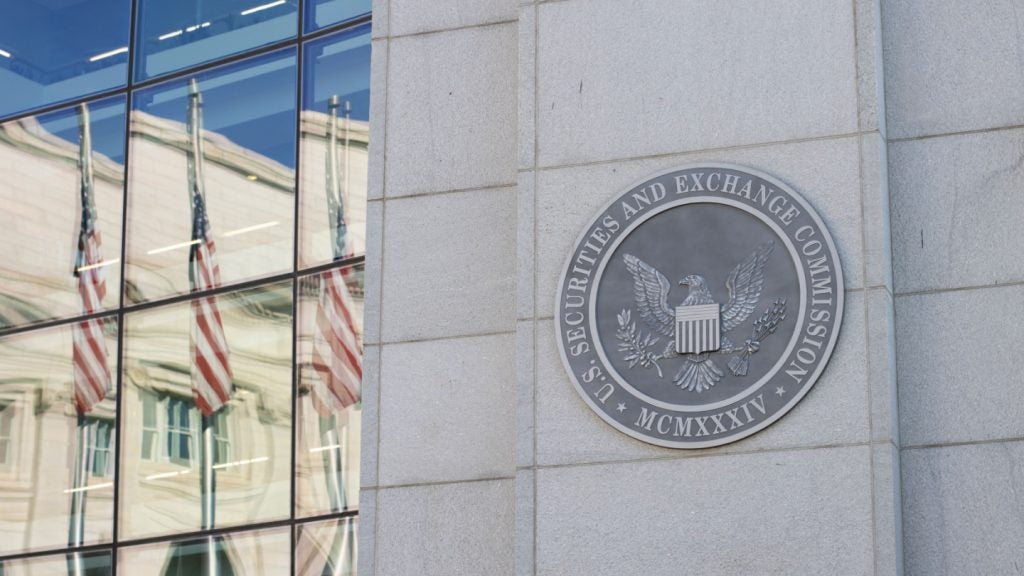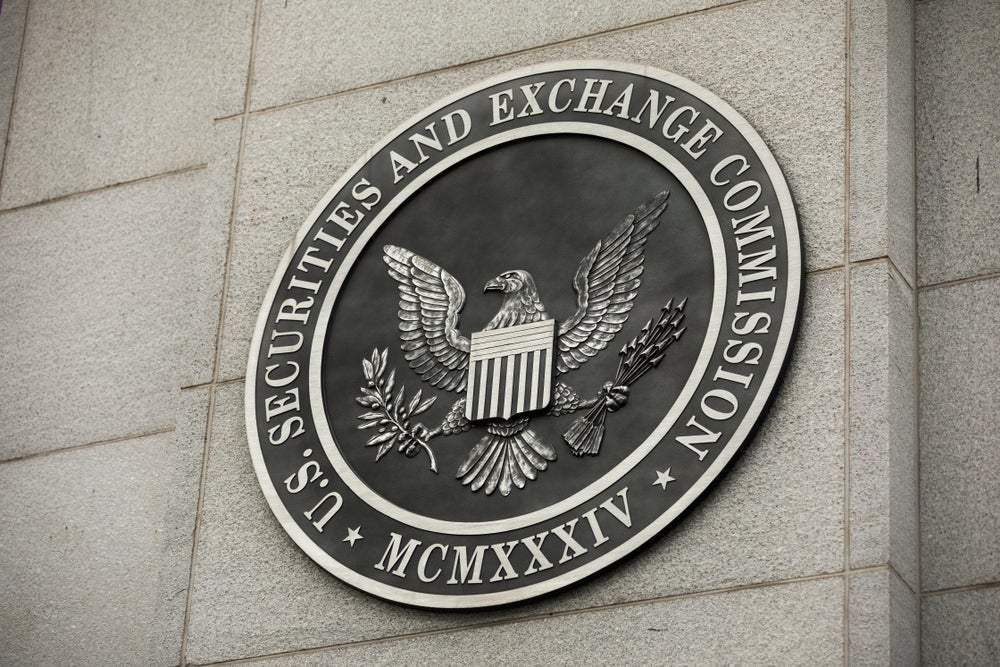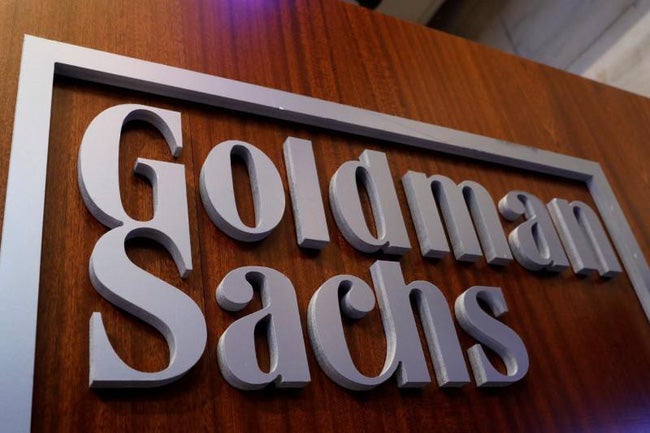Financial regulators in the US and the UK have
fined Martin Currie, a Scottish-based investment house, a total of
$13.9m, for failing to manage a conflict of interest between two
clients.
The US Securities Exchange Commission (SEC)
and its UK counterpart, the Financial Services Authority (FSA)
alleged the Edinburgh firm fraudulently advised one of its U.S.
clients – The China Fund Inc. – to enter a detrimental transaction
in order to rescue another client, a China-focused hedge fund,
facing serious liquidity concerns.
“The China Fund’s board was led to believe it
was making a routine investment in a Chinese company but in
reality, the investment proved harmful to shareholders while
sparing an affiliated hedge fund from its own problems during the
financial crisis,” said Bruce Karpati, co-chief of the SEC’s Asset
Management Unit.
Conflict of interest
In June 2007, Martin Currie caused the hedge
fund to purchase $10 million of unlisted illiquid bonds from Jackin
International, a Hong Kong manufacturer company.
How well do you really know your competitors?
Access the most comprehensive Company Profiles on the market, powered by GlobalData. Save hours of research. Gain competitive edge.

Thank you!
Your download email will arrive shortly
Not ready to buy yet? Download a free sample
We are confident about the unique quality of our Company Profiles. However, we want you to make the most beneficial decision for your business, so we offer a free sample that you can download by submitting the below form
By GlobalDataMartin Currie improperly classified those
bonds as cash in its risk-management system.
The mistake caused liquidity troubles for the
hedge fund, as it was close to breaching its limit on portfolio
exposure to illiquid investments in a single asset.
The financial crisis exacerbated the fund’s
problems.
In April 2009, to solve its client
difficulties, Martin Currie advised China Fund to invest $22.8
million in convertible bonds from a Jackin subsidiary.
The subsidiary instantly lent $10 million of
the proceeds to Jackin, which in turn redeemed $10 million in
otherwise-illiquid bonds held by the troubled hedge fund.
The operation proved to be a poor investment
for The China Found, halving in value over the next two years, the
FSA said.
Fine forces unit closure
Martin Currie agreed to pay $8.3m to the SEC
and $5.6m to the FSA. The fine was the largest the FSA ever imposed
in a conflict of interest case.
Martin Currie CEO Willie Watt said the company
compensated the affected client and returned all related fees
earned.
“Following our comprehensive reviews,
significant improvements have been made to our business including
reinforcements to our governance function, changes to our
management team and closing the unit down,” he added.
Fine contributes to group
losses
The conflict of interest case negatively
impacted Martin Currie’s 2011 results.
Its group operating profit fell of 82%,
according to its 2011 results, decreasing from almost £14m ($22.5m)
to £2.3m.
According to the company, the negative results
– revenue fell from £81.6m to £65.5m – were due to the drop in
funds under management – from £11.1bn to £8.1bn – caused by a
plunge in clients following the China issue, compounded by
unfavourable markets.







